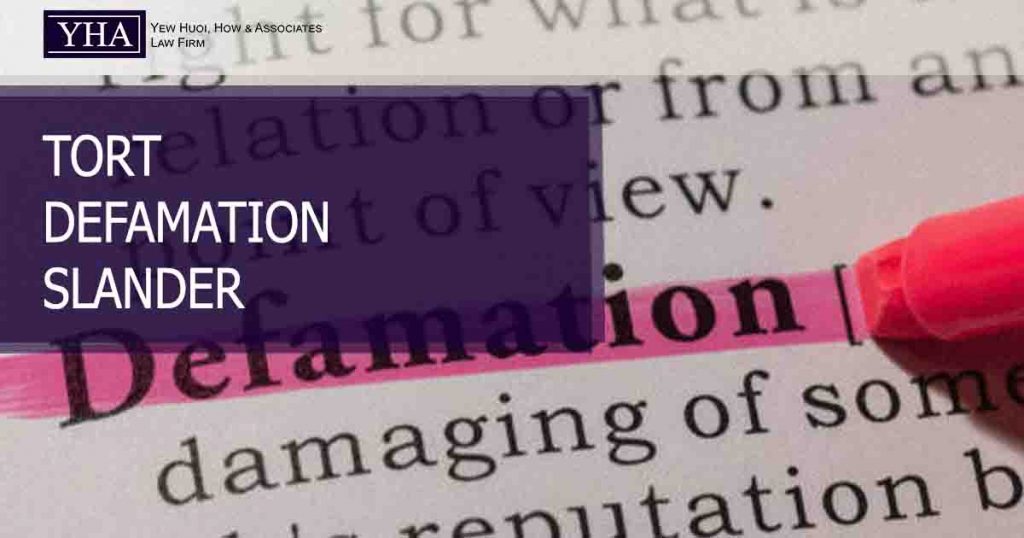Recently, my colleague unreasonably accused me for stealing office equipment for personal use. He told everyone in my office. My other colleagues are now shunning me and my manager issued a warning letter to me. I feel so embarrassed, can I sue my colleague for defamation?
- Yes, you can bring a legal action against the colleague on defamation. As he made the statement orally to other people other than the person concerned, it amounts to slander.
- Slander is when a person makes a statement orally or in other non-permanent form that it can damage a good reputation of the person that the statement is concerned.
Q: What are the available defences for defamation?
There are a few defences available:
a. Qualified Privilege
– This defence can only be raised if the defamatory statement is made by a person who has interest, legal or duty to the person who made that statement. For example, report to the authorities or your HR Department etc are covered by the defence of qualified privilege.
b. Absolute Privilege
– Can only be relied on if the defamatory statement made is for official publication such as in judicial proceeding, parliamentary proceeding or police reports.
c. Fair Comment
– This defence is for a layman who honestly gave a view based on fact proved.
– To raise this defence:
i. The comment made is on a matter of public interest.
ii. The comment must be fair.
iii. The comment must be based on fact proven to be true.
iv. The defamatory words must be opposed to the statement of fact.
d. Reynold’s Privilege
– The defendant will have to prove that the statement made completely on matter of public interest.
e. Justification
– This is the most common defence used but the defendants must prove that the statements made are true or substantially true.

